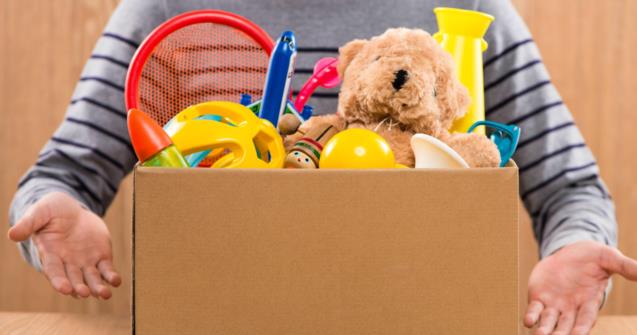
Early childhood educators' toy library
It's a well-known fact: new toys can create quite a buzz within a daycare group. Unfortunately, we can't buy new toys every week. Not only do we not have enough room in our daycares, doing so would also be expensive. Have you ever thought about trading toys with other daycares for a pre-determined period?
Choose the toys you will share carefully
To begin, find other early childhood educators who are interested in trading toys with you. For example, you could exchange toys for one week. Avoid fragile toys or toys that are important to you. Obviously, a stuffed animal you had when you were young or your husband's tam-tams don't represent good choices. However, a toy car or textured block bin could very easily be traded with another daycare. Ask the early childhood educator who is trading toys with you if she already has the toys you are willing to trade. If she does, select a different type of toy. You could also ask her which types of toys she is interested in. She could, among other things, need a musical instrument bin for her weekly theme.
Trick to make sure everything is returned
Before sending a toy to another daycare, take a picture of it. If, for example, you have decided to share your toy farm, the early childhood educator who is receiving it will know that it came with a cow, a chicken, and two sheep. Keep a copy of the picture at your daycare and send a copy with the toy. This way, you are both committing to taking care of the toy and returning it in good condition.
Exchanging larger items
Exchanging larger items or very expensive toys can be interesting. You can exchange outdoor play structures that are easy to move, play tents and tunnels, ball pits, giant blocks, etc.
Trading books
If you have already borrowed the entire kids' section from your local library, trade books with other daycares. Create an arrangement to guarantee that all parties will take good care of the books and return them in good condition. As previously described, take pictures of your books before sharing them. This will ensure they are all returned.
Disinfection
Do not forget to disinfect the toys you receive before making them available to your group.
If something goes wrong
The early childhood educators you choose to trade toys with may not take good care of your toys. A toy may be returned broken or pieces could be missing. Be sure to clearly state the rules surrounding your trades from the start: toys must be used as part of special activities only and constant supervision is necessary. If this agreement is not respected, end it immediately and look for another early childhood educator you can trade toys with.
A great learning opportunity for your group
Exchanging toys with another group comes with many advantages.
- Toy exchanges make offering different activities possible, without having to spend large amounts of money.
- It also teaches children that sharing can be fun.
- Children learn to care for other people's belongings.
- Toy exchanges can represent a fun routine. For example, you can trade a different toy every Friday.
- They can help children build relationships with children from other daycares within your neighbourhood.
Happy trading!
Chantal Millette
Early childhood educator
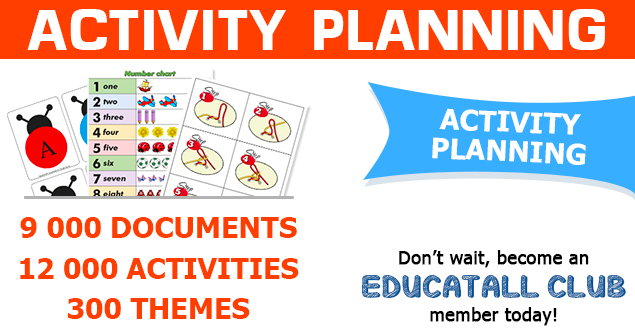
 Home
Home Theme activities
Theme activities
 Babies and toddlers
Babies and toddlers
 Arts and crafts
Arts and crafts
 Science
Science
 Creative recipes
Creative recipes
 Tips and tricks
Tips and tricks
 Special needs
Special needs
 Extra activities
Extra activities
 Educ-TV
Educ-TV
 Newsletter
Newsletter  Online store
Online store Educatall club
Educatall club

